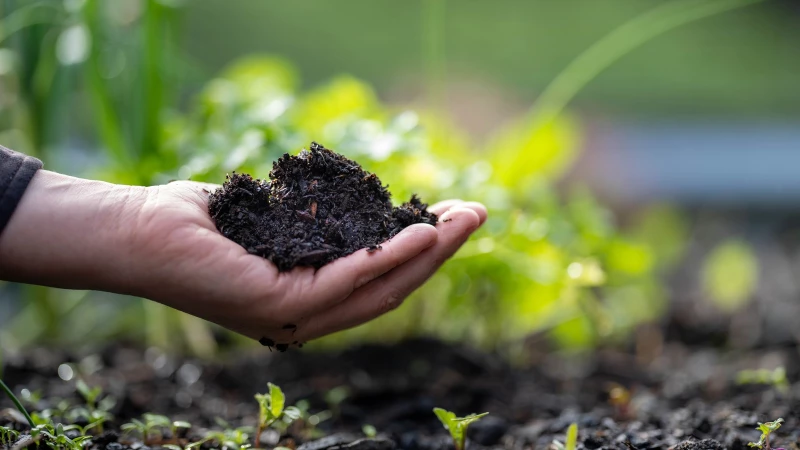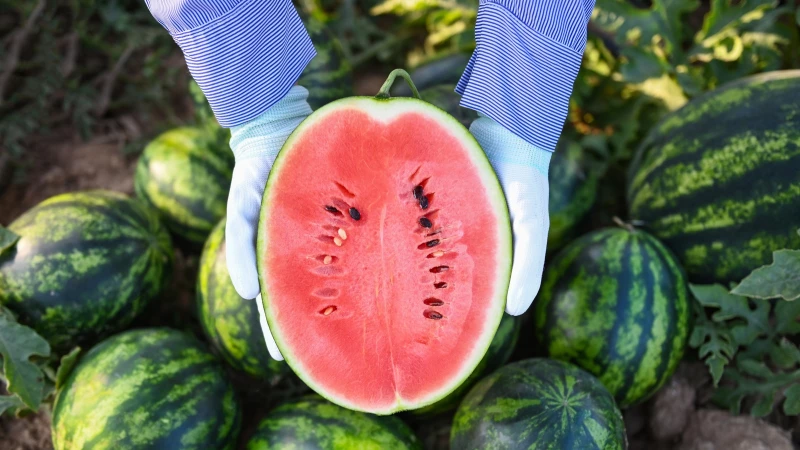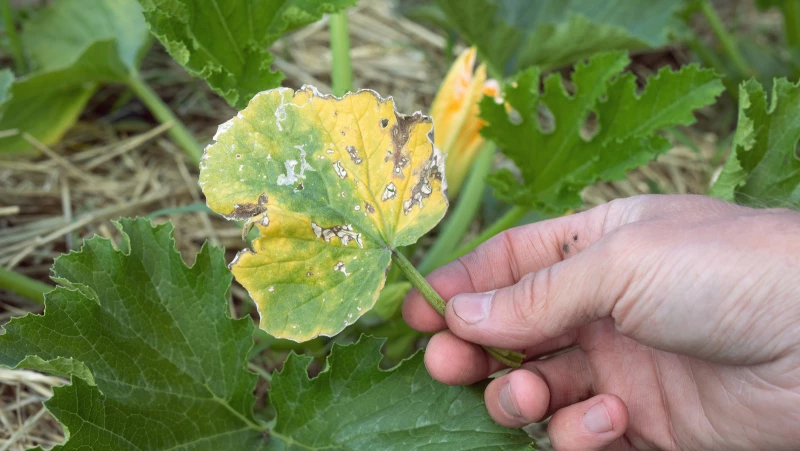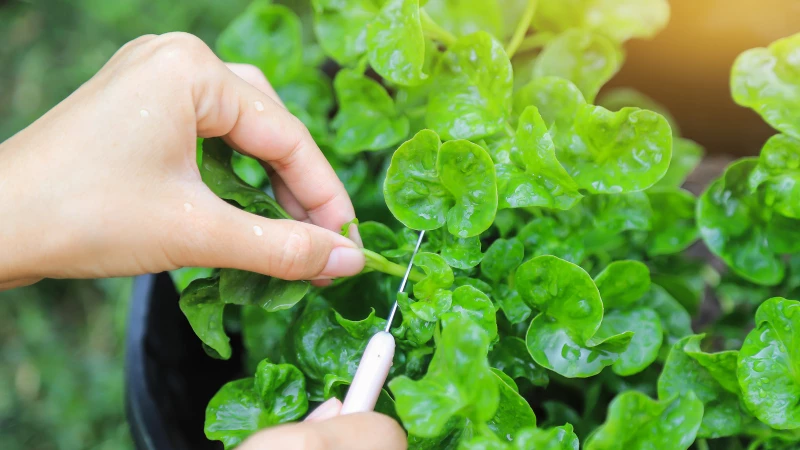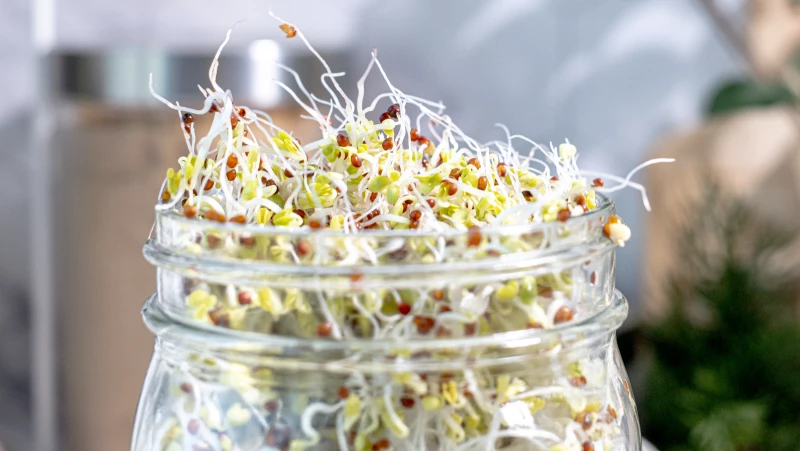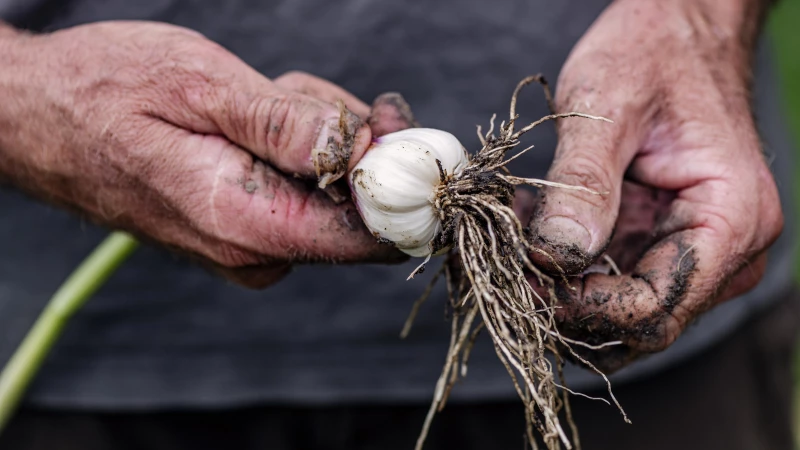Enhancing Your Garden Soil with Wood Vinegar
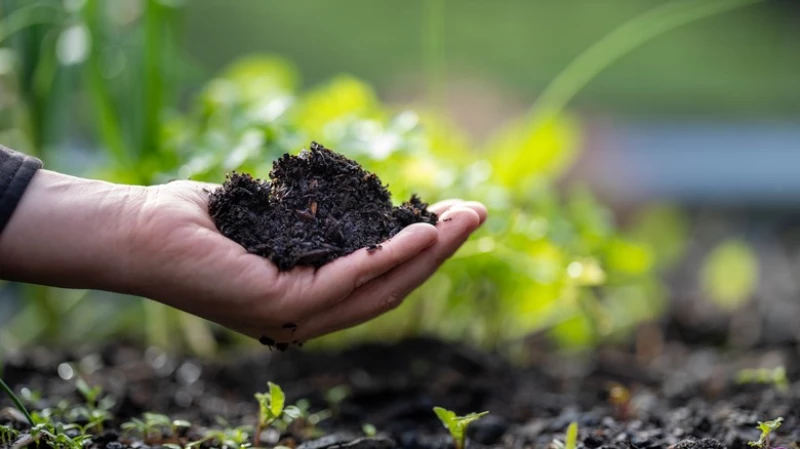
Optimal soil health is essential for robust plant growth. Beyond being a mere nutrient source, soil plays a crucial role in water retention, drainage, and fostering a sturdy root system. As an eco-friendly alternative to chemical fertilizers, wood vinegar has emerged as a promising biostimulant for enhancing soil quality in gardens.
Wood vinegar, also known as pyroligneous acid or liquid smoke, is a derivative of charcoal production and the pyrolysis of organic materials. This liquid, with a pH ranging from 2.5 to 3.0, contains a myriad of compounds like organic acids, alcohols, esters, and phenols. Its formation occurs through the condensation of smoke released during the combustion of wood in a low-oxygen environment. The resulting yellow to brown liquid exudes a potent, smoky aroma.
Wood vinegar offers a range of benefits due to its unique compounds. This biostimulant can boost microbial activity, ward off eelworms and soil diseases, and improve soil structure. By increasing organic matter content and forming stable microaggregates, soil microbes enhance water infiltration and retention in the soil.
When applied to compost heaps, wood vinegar accelerates the composting process by leveraging these beneficial organisms. Incorporating this enriched compost into your garden enriches the soil with nutrients, balances density, and deters weeds and pests. Additionally, wood vinegar acts as a plant growth enhancer by boosting nitrogen and phosphorus availability in the soil, essential for robust growth, chlorophyll production, root health, and photosynthesis. Enhancing nutrient availability can also reduce the need for chemical fertilizers.
Wood vinegar's impact on soil health can vary depending on its concentration. Lower concentrations can boost microbial activity in the soil, while higher concentrations might harm these beneficial organisms. To maximize soil microbe count, it's recommended to use a dilution ratio of 1:300 to 1:500. Higher concentrations, on the other hand, can be employed to sterilize soil and eliminate diseases. When applying wood vinegar to your garden, opt for a soil drench with a low concentration, targeting the garden soil and the plant bases. For composting purposes, mix wood vinegar at a dilution ratio of 1:100 to 1:500 and ensure thorough blending. For those new to composting, maintaining the right moisture levels is crucial, achieved by balancing carbon-rich and nitrogen-rich materials in the compost pile.

